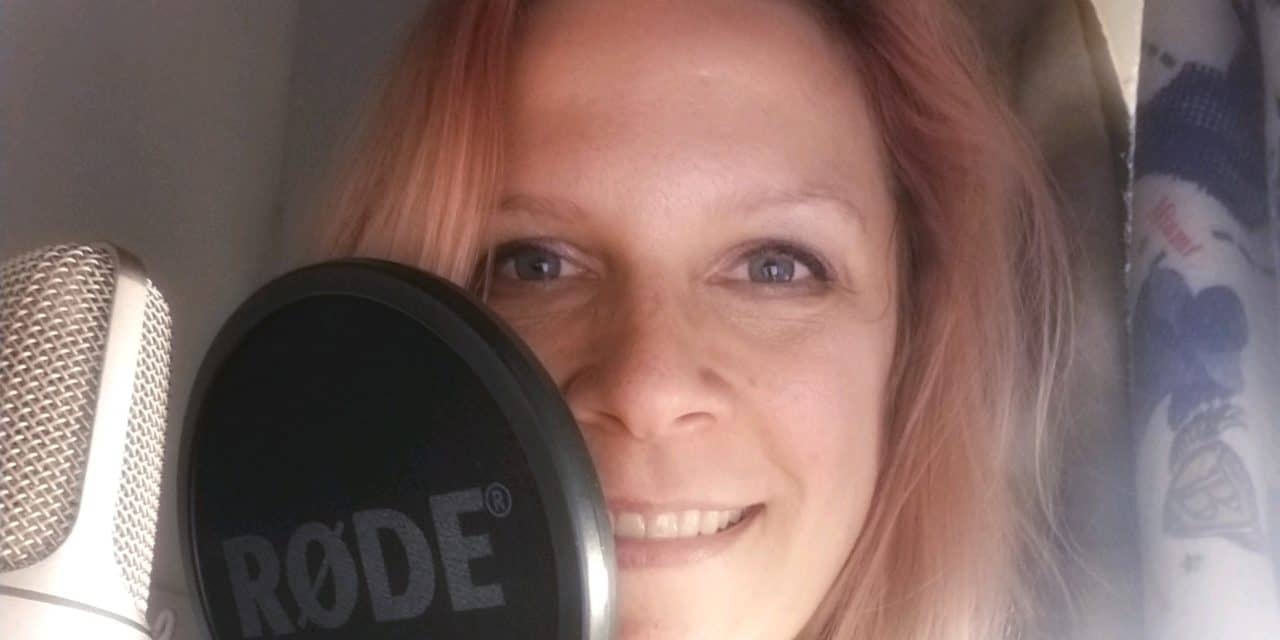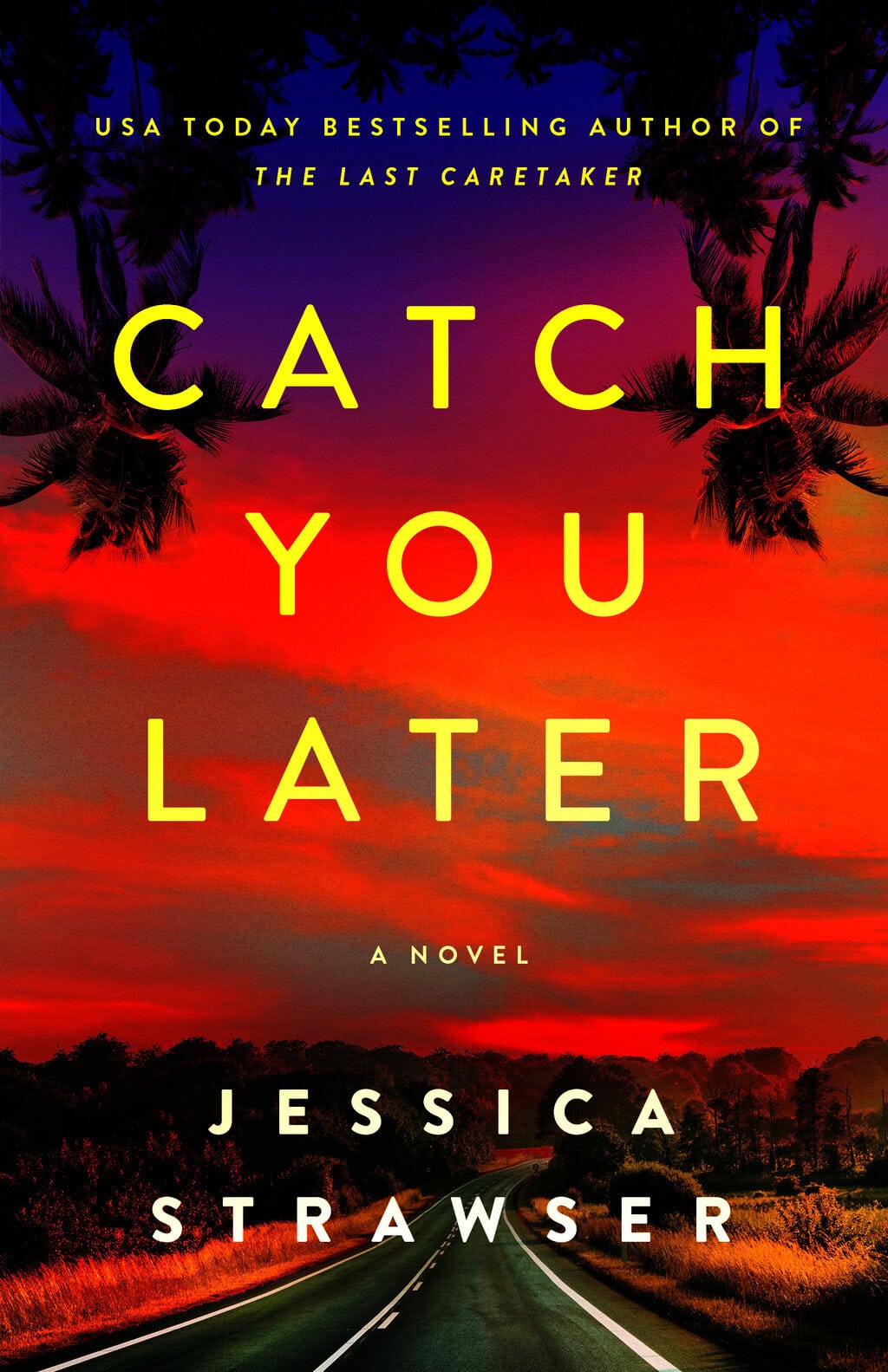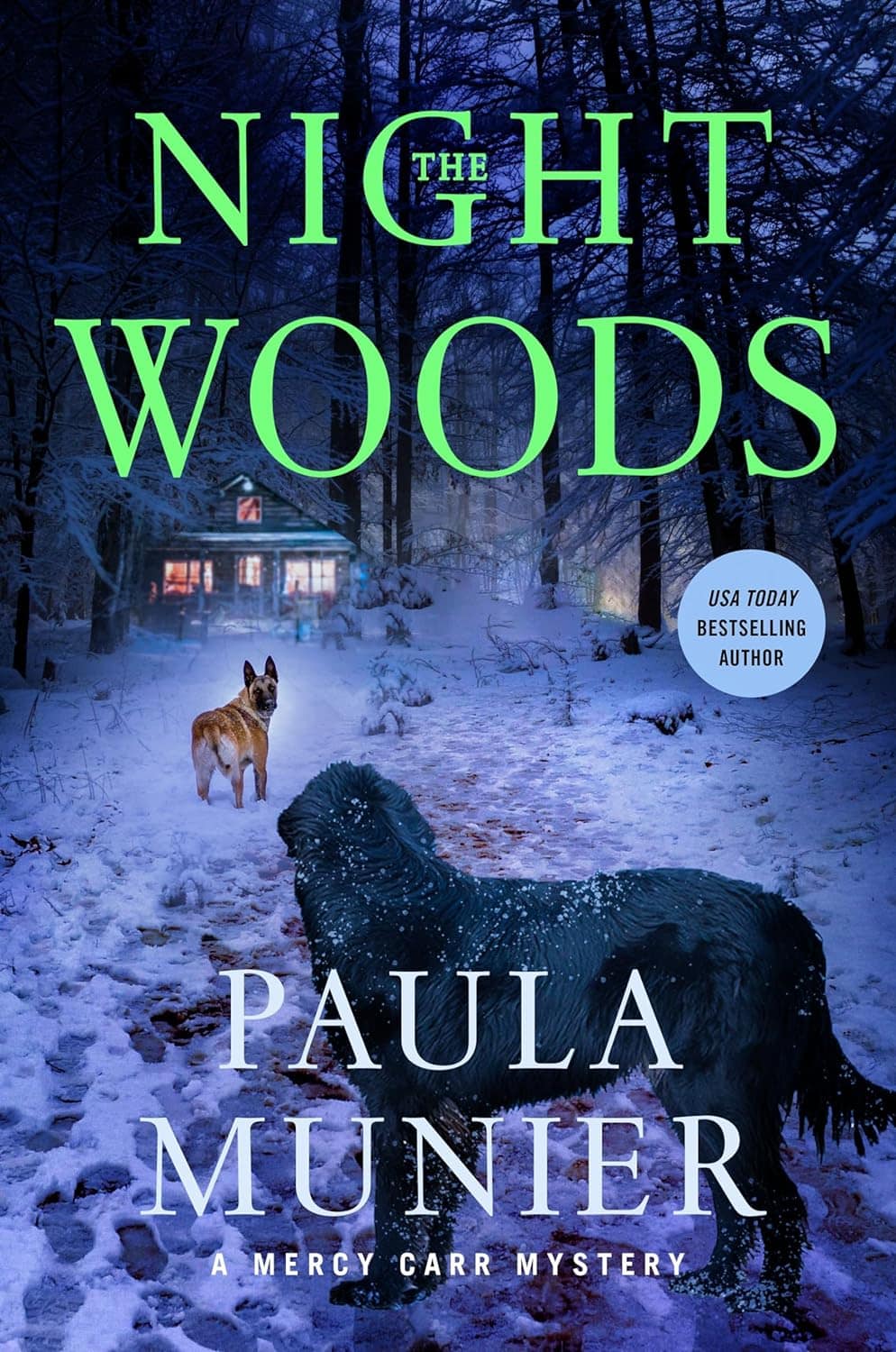by Camille Dewing
We listen to the audiobooks in the car, on the train, working in the yard—anywhere we can bring our earbuds or headphones. But recording audiobooks is also more portable today. Thanks to modern technology, it’s entirely possible to record a quality-sounding audiobook in the comfort of your own home—well, closet, really, but that’s another article. In the meantime, you will probably want to hire a pro.
For professional narrators, opportunities to narrate audiobooks come from a variety of places—from first-time self-published authors to established publishing houses. And you don’t necessarily need a “good” voice, like the hypnotic baritone of movie trailer narrators or the velvety lilt of TV show hosts.
A great sound goes a long way, but even more important is an understanding of story structure and the ability to convey drama or comedic timing.
More and more actors and singers are happily getting work in this growing area of performance.
Good narration follows basic rules. Hopefully, these tips will provide would-be narrators a leg up on their competition.
1. Read the book at least twice
Yes, it could be 700 pages. Read it once silently, then again aloud. Before performance time, reading the book from beginning to end is a must—even though some narrators try to get around it.
I know one who recorded half a book in his natural American dialect before the manuscript mentioned that a main character was Australian. I’ve also heard the cautionary tale of a well-known narrator who began regularly going into the booth cold—meaning he didn’t read the book beforehand. Before long, his work offers dried up. Reading the book beforehand helps narrators make much-improved performance choices. Is this scene dramatic or fun? Is there a plot twist coming up? Early reads offer chances to make notes guiding you later in the process.
2. Be consistent with characters
You’re embarking upon a long journey with your characters, and while you don’t have to “act out” every page, you’ll want to find ways to differentiate them from each other. Starting someone out with a husky voice only to switch to a nasal one guarantees your listener will get confused if not lost. A good trick is to base characters on someone you know—a relative or a good friend or someone famous.
3. Build up stamina
Audiobooks are a marathon, not a sprint. My first audiobook, which was roughly 125,000 words and edited down to thirteen hours, took almost a month to record—working nights and weekends. After a full day of working at my 9-to-5 job, I can maybe record 40 pages before my voice gets tired or my brain begins jumbling up words on the page. My weekends see five or so recording sessions per day.
But caring for my voice in between is crucial—whether that means using warm-up and cool-down vocal exercises or simply being silent. Your body will tell you what it can and can’t do. Honoring your limits—and working when you’re in best vocal shape—will make a book sound that much better.
4. Trust instincts
Your performance may sound nothing like what the author had in her head when she wrote it. But you’re a different kind of storyteller. You’ve got to capture a listener’s attention. And chances are, the author never read their own book aloud. If possible, don’t be afraid to reach out to the author. You are working on this book together, and, even though their heavy lifting is done, they’re happy to help.
Ultimately, however, you’re making independent choices. On one book, the main character had a slight Norse accent. I didn’t even attempt it. I knew any accent I used would 1) have to be used for the entire book, and 2) would distract the reader from the story. In the end, I found a way to convey the essence of the character, and the author seemed pleased with the result.
Both writers and performers are embracing the medium—and finding even greater outlets for their creativity. After all, more readers these days want to hear a good story. Now you can tell them one.
What do you find most appealing in an audiobook narrator? Share with us on Facebook.
 Camille Dewing is a writer, singer, and actress based in the New York City area. She’s also worked in the media and publishing industry for nearly two decades. She recently narrated and edited the audiobook The Soul Wars by J. D. Blackrose, now available from Falstaff Books on Amazon and Audible. Reach her at [email protected].
Camille Dewing is a writer, singer, and actress based in the New York City area. She’s also worked in the media and publishing industry for nearly two decades. She recently narrated and edited the audiobook The Soul Wars by J. D. Blackrose, now available from Falstaff Books on Amazon and Audible. Reach her at [email protected].





